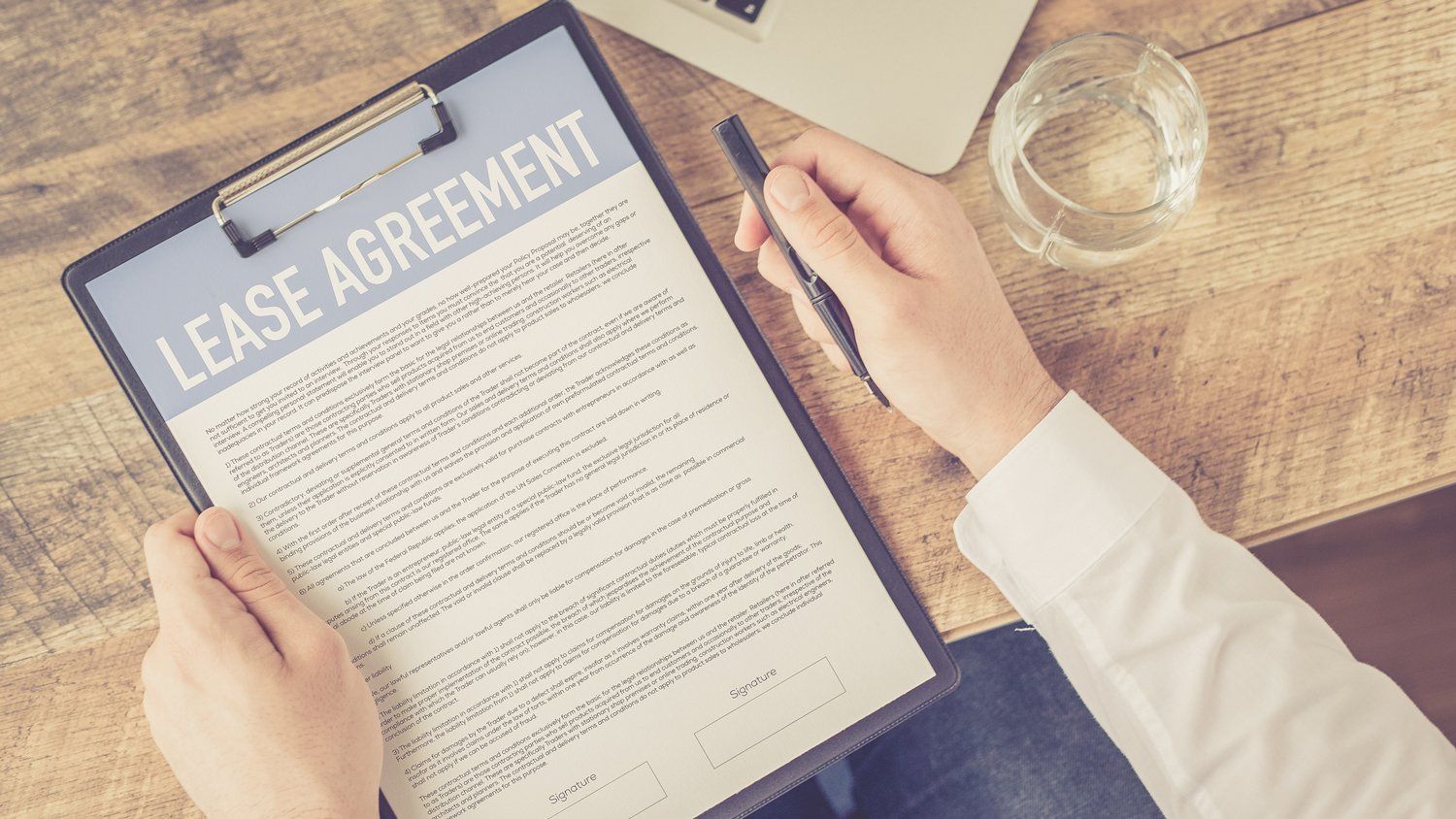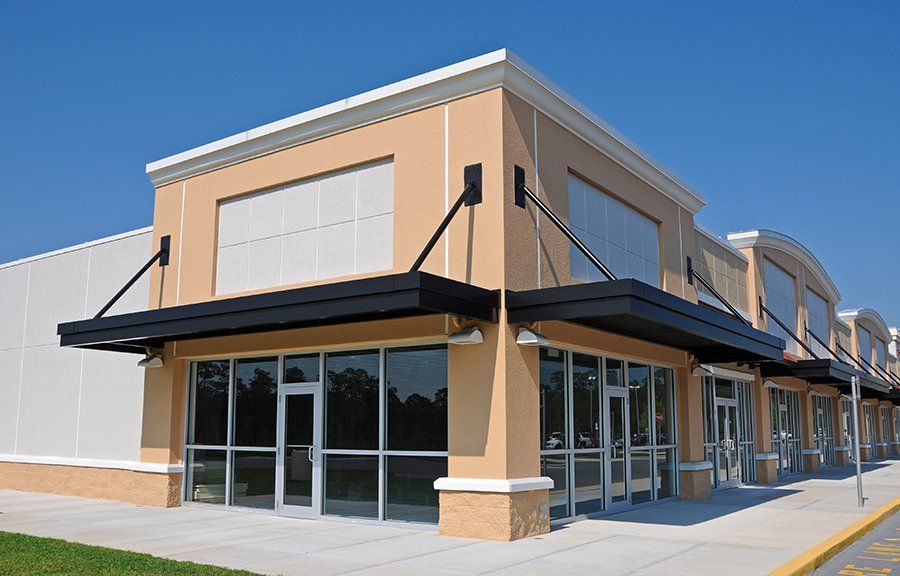Mortgage Preapproval
Mortgage preapproval increases the chance that a seller will see you as a serious buyer and accept your offer. A preapproval letter indicates how much money you can borrow, pretty much guaranteeing that you will get a loan for the amount for which you qualify.
Since a preapproval letter tells the seller that you are a qualified buyer who can afford the loan, he or she may be more willing to negotiate the home's purchase price and terms of the purchase agreement. However, keep in mind that a preapproval letter is only good for a limited period of time—generally 60 to 90 days.
Preapproval also saves time when you find a home and are ready to make an offer—another benefit that appeals to sellers. But when you apply for preapproval, you must provide documentation the lender requires to verify your income and credit history in advance of applying for a mortgage loan.
Information a lender needs to qualify you for preapproval includes a list of your assets and liabilities, monthly bank account statements, recent pay stubs and income tax returns and Forms W-2 (Wage and Tax Statements) from the last two years. You'll also need to show proof of regular income from sources such as pensions, rents, support payments, disability income, self-employment income and unemployment income.
Low Debt-to-Income Ratio
When determining your eligibility for a mortgage loan, lenders like to see a low debt-to-income ratio—the amount of monthly expenses you have compared to your income. Monthly expenses include housing expenses, credit card payments and other types of loan payments.
A low debt-to-income ratio makes it easier for you to make debt payments, including a mortgage payment, each month. A lender may worry that you can't manage your debt obligations if you owe too many debts and don't earn enough income to cover all your bills and expenses.
Lenders prefer to see a debt-to-income ratio lower than 36 percent, although some lenders will accept a ratio as high as 43 percent and still give you a mortgage loan. You can calculate your debt-to-income ratio by adding up all the bills you pay out each month and then dividing the total by the amount of your gross monthly income.
Sometimes underwriters take into account compensating factors like putting down more than 20 percent of the home's purchase price. A high income and savings adequate to cover several months of mortgage payments and related housing expenses may also get you a loan despite high debt.
Cash to Cover Down Payment
The more money you can come up with for a down payment, the more you increase your chances of getting approved for a mortgage loan. A down payment is the money you pay out of pocket; it's your upfront investment in the property. Because you risk losing both your down payment money and your home if you fail to make the mortgage payments, a lender may see you as being more motivated to make your mortgage payments on time.
Although there are financing options available that require lower minimum down payments, the more money you put down decreases the amount of the mortgage you need to take out to buy the home. Also, the bigger the down payment, the lower the interest rate and monthly mortgage payments you will pay. Finally, if you default on the loan and the lender has to foreclose, it's more likely the bank or mortgage company can sell the home for the amount you still owe—maybe even more.
The real estate professionals at Heritage Reality & Property Management
can help you plan ahead so that when the time comes to buy your dream home, the process can move along easier.












